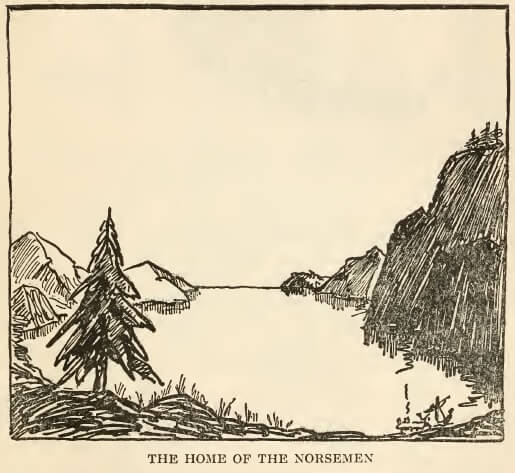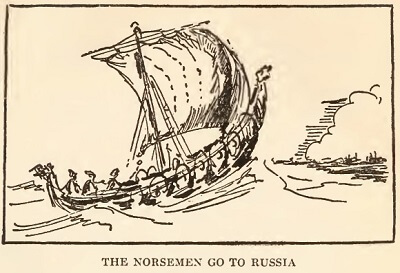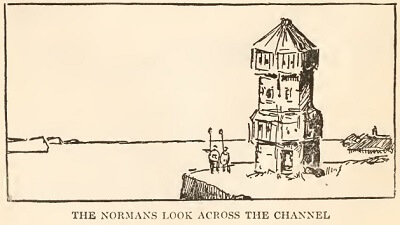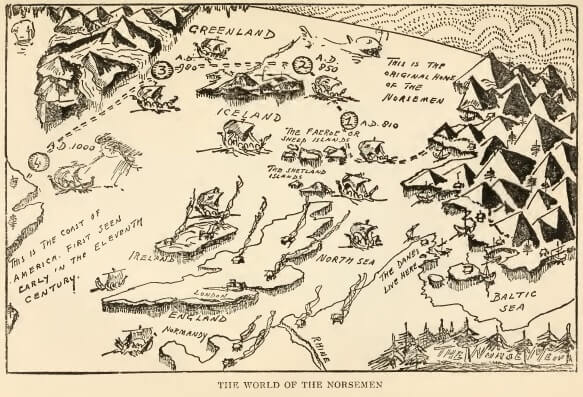 The Story of Mankind Part I
The Story of Mankind
The Story of Mankind Part I
The Story of Mankind




 The Story of Mankind Part I
The Story of Mankind
The Story of Mankind Part I
The Story of Mankind

Study the lesson for one week.
Over the week:
Activity 1: Narrate the Lesson
Activity 2: Study the Story Picture

Activity 3: Map the Story


Activity 4: Complete Copywork, Narration, Dictation, and Art

Click the crayon above. Complete page 69-70 of 'World History Copywork, Narration, Dictation, and Art for Third Grade.'